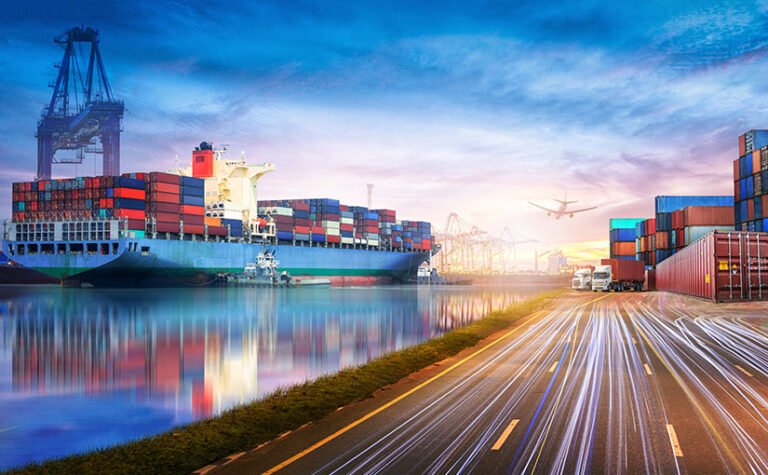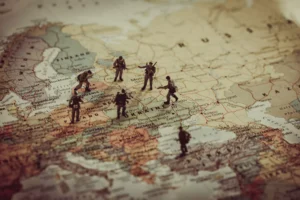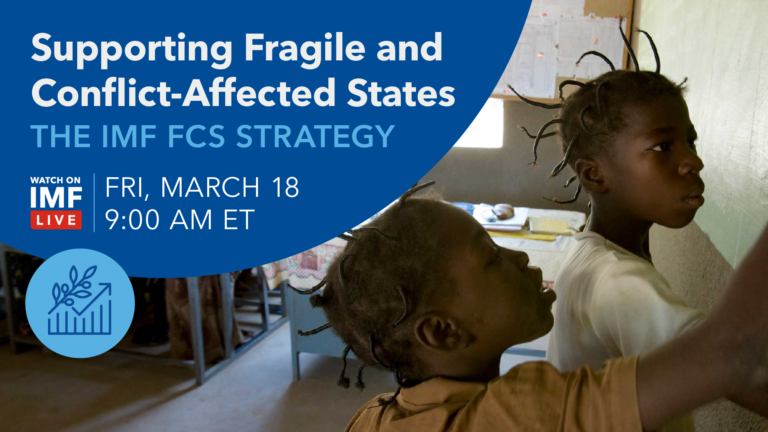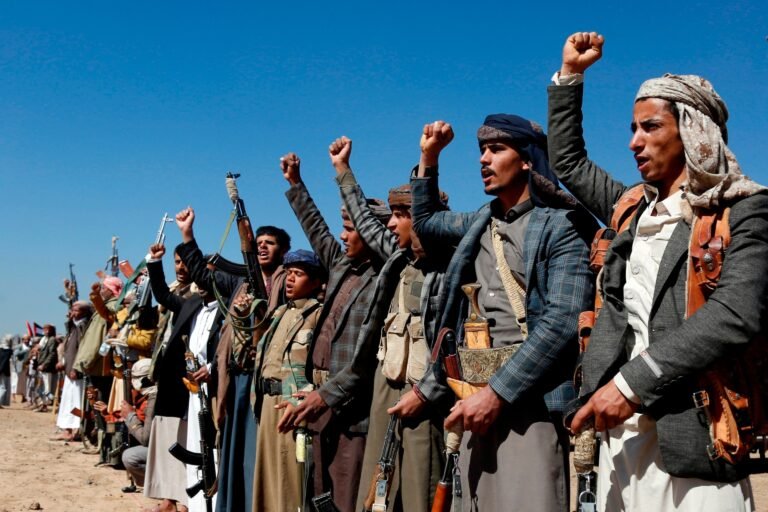
Navigating Economic Uncertainty During Global Conflicts
Introduction
Economic uncertainty has been a persistent issue in recent years, exacerbated by global conflicts and geopolitical tensions. This report aims to explore the nature of this uncertainty, its implications for global growth, and practical steps for navigating these turbulent times. By synthesizing insights from various authoritative sources, including the Economist Intelligence Unit and the International Monetary Fund (IMF), this report provides a comprehensive overview of the challenges and strategies for managing economic uncertainty during global conflicts.
The Rise of Global Economic Uncertainty
Historical Context
Researchers have documented a rise in economic uncertainty in recent years, using text-based measures that track descriptions of economic conditions by the Economist Intelligence Unit. According to a recent article in the Harvard Business Review, the increase in economic uncertainty is not a new phenomenon but has been accelerating due to successive global shocks such as Brexit, US-China trade tensions, the COVID-19 pandemic, and the ongoing war in Ukraine (Harvard Business Review, 2022).
Current Scenario
The World Uncertainty Index, a quarterly measure across 143 countries, has shown a significant surge in global uncertainty amid the war in Ukraine. The IMF reports that this increase is a detrimental sign for global growth, as high levels of uncertainty typically foreshadow significant output declines (IMF, 2022).
Implications for Global Growth
Economic Slowdown
The rise in global economic uncertainty has far-reaching implications for economic growth. According to the IMF, high levels of uncertainty can lead to reduced investment, lower consumer spending, and overall economic slowdown. The IMF’s research indicates that the current levels of uncertainty are likely to result in substantial output declines, further exacerbating the economic challenges faced by countries worldwide (IMF, 2022).
Policy Responses
In response to these challenges, the IMF emphasizes the importance of decisive, well-calibrated, and agile policies tailored to country-specific circumstances. These policies are crucial for entrenching economic sustainability and safeguarding macroeconomic and global financial stability (IMF, 2023).
Navigating Uncertainty: Practical Steps
Geopolitical Scenario Planning
One effective strategy for navigating economic uncertainty is geopolitical scenario planning. Deloitte outlines this approach as a proactive method to identify, assess, and mitigate geopolitical risks. By considering potential future scenarios, whether they materialize or not, organizations can build resilience and better prepare for unexpected events (Deloitte, 2024).
Collaboration and Adaptation
The IMF’s annual report highlights the importance of collaboration and adaptation in the face of multiple global economic shocks. Countries must work together and adapt their policies to the evolving global environment. This collaborative approach is essential for managing economic uncertainty and ensuring long-term stability (IMF, 2023).
Conclusion
Economic uncertainty is an inevitable aspect of the global economic landscape, particularly during periods of geopolitical conflict. However, by understanding the nature and implications of this uncertainty, and by adopting proactive strategies such as geopolitical scenario planning and collaborative policy-making, countries and organizations can navigate these turbulent times more effectively. The insights provided by the Economist Intelligence Unit, the IMF, and other authoritative sources offer valuable guidance for managing economic uncertainty and fostering global economic stability.
Works Cited
- Harvard Business Review. “Visualizing the Rise of Global Economic Uncertainty.” Harvard Business Review, 2022, https://hbr.org/2022/09/visualizing-the-rise-of-global-economic-uncertainty.
- International Monetary Fund. “Global Economic Uncertainty, Surging Amid War, May Slow Growth.” IMF, 2022, https://www.imf.org/en/Blogs/Articles/2022/04/15/global-economic-uncertainty-surging-amid-war-may-slow-growth.
- International Monetary Fund. “Navigating Uncertainty | IMF Annual Report 2023.” IMF, 2023, https://www.imf.org/external/pubs/ft/ar/2023/in-focus/navigating-uncertainty/.
- Deloitte. “Navigating uncertainty: practical steps to address geopolitical risk in 2024.” Deloitte, 2024, https://www2.deloitte.com/uk/en/blog/risk-powers-performance/2024/navigating-uncertainty-practical-steps-to-address-geopolitical-risk-in-2024.html.












+ There are no comments
Add yours